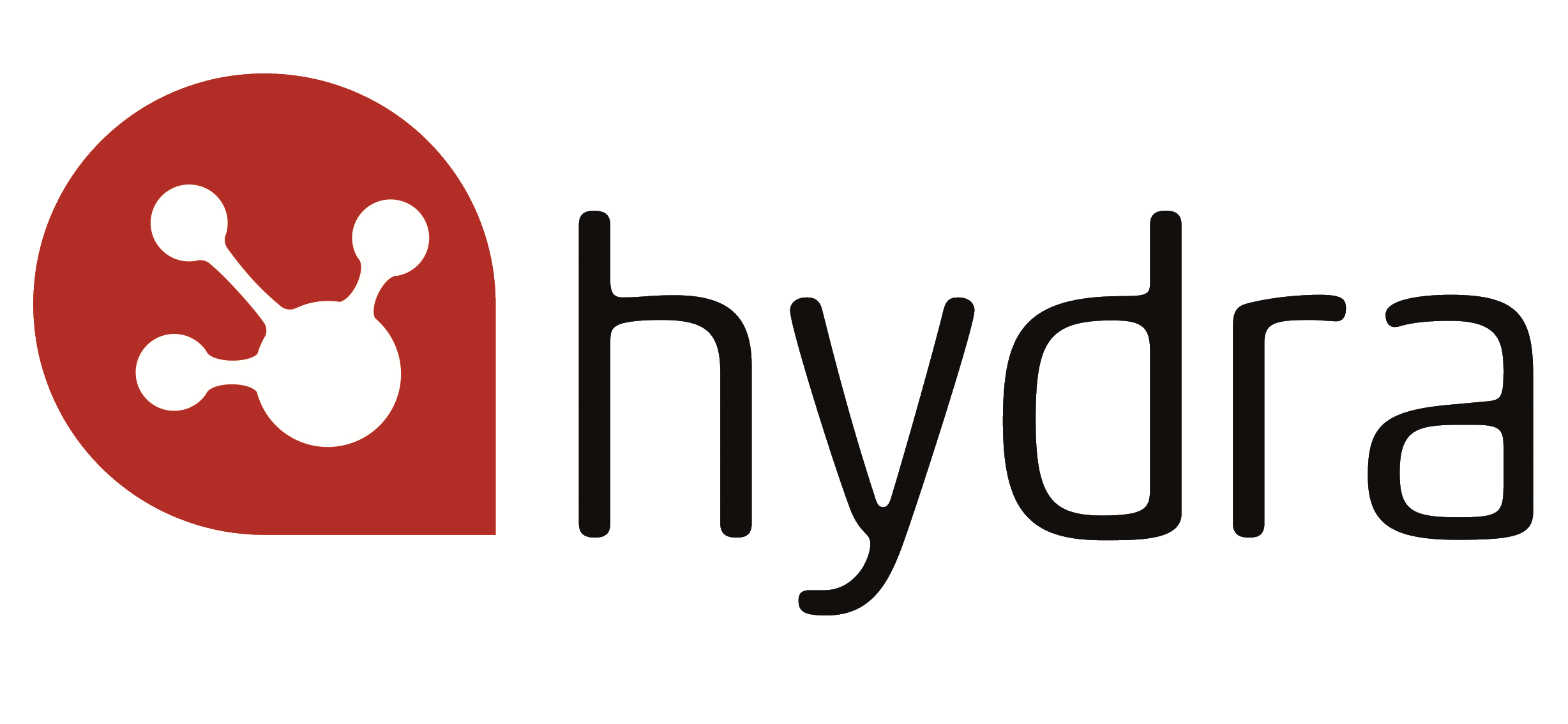4 signs a project is in trouble
Recognising the warning signs that a project is in trouble and knowing when to pull the plug is a valuable skill for project managers when mitigating risk and losses.
Not every project is delivered on time, within budget and is a resounding success. Projects are notoriously difficult to organise and execute, and although it would be lovely if every project progressed without a hitch, this is simply not an accurate reflection of the real world. The statistics suggest that as many as 70 percent of projects end in failure, making the ability to recognise the warning signs a project is in trouble, and understanding when to pull the plug, a valuable skill for project managers.
According to the Project Management Institute (PMI), the leading causes of project failure are:
- Change in organisation’s priorities – 40 percent
- Inaccurate requirements gathering – 38 percent
- Change in project objectives – 35 percent
- Opportunities and risks were not defined – 30 percent
- Inadequate/poor communication – 30 percent
- Inadequate vision or goal for the project – 30 percent
- Inadequate sponsor support – 29 percent
- Inadequate cost estimates – 29 percent
- Resource dependency – 25 percent
- Poor change management – 25 percent
With project failure far from an isolated event, it is essential project managers can spot the warning signs that a project is in trouble at an early stage to mitigate the risks and losses. But what are the tell-tale signs they should look for?
1. No clear scope
Every project needs a clear baseline for the scope of the work and its projected cost before it can begin. All projects will undergo change when they reach the delivery phase, and these change implications should be reported against the baseline so the project management team understand the likely cost at any point in time. Any project that does not have a clear scope or associated cost estimate is effectively out of control, which is a major warning sign.
2. Insufficient understanding of the risks
Anything less than total clarity of the risks at the start of the project could lead to the risks being compounded by the pressures of the delivery phase. Between time constraints, technical challenges and resource issues, things can easily go wrong, and often do. However, many of these risks could be minimised or eliminated entirely if they are identified and understood before the project begins.
3. Lack of Stakeholder engagement
A lack of stakeholder engagement or general disinterest is one of the earliest warning signs of impending problems further down the line. If stakeholders are disengaged and alienated it will be extremely difficult for your team to achieve the desired result. Stakeholder apathy could mean there’s no way to measure what success or failure would be. Even if you deem the project a success, stakeholder resentment towards the project could mean that regardless of the result, it is viewed as a wasted exercise.
4. The goals are unrealistic from the start
It takes time and costs money to complete quality projects. There are stages every project has to go through that must take place in isolation and cannot be completed simultaneously with other tasks. Throwing more resources at a task does not necessarily reduce completion time and can complicate and even delay the task as new resources are brought up to speed. If you contact other firms and find their estimates for a particular project are much longer, this is a definite red flag that your project is in trouble.
How does Hydra help?
Hydra software gives you a true view of what projects can actually be completed with the resources you have. It also provides better visibility to identify the potential risks of your projects and prioritise them at the outset. The result is reduced project failure and a better understanding of if, and when, to pull the plug. Discover more about Hydra and how we have helped organisations to define, execute, control and govern their projects, to ensure consistent and successful results every time a project is delivered.
Related blogs:
10 Reasons Why Visibility of your Data is Key to Project Success
3 Reasons Why Having a Knowledge Management Strategy is Important for organisations
3 Steps to Better Managing Risk in Your Projects
Related articles:
The Digital Project Manager, Why do Projects Fail
Bernard Marr, 9 Things That Destroy Successful Teams


